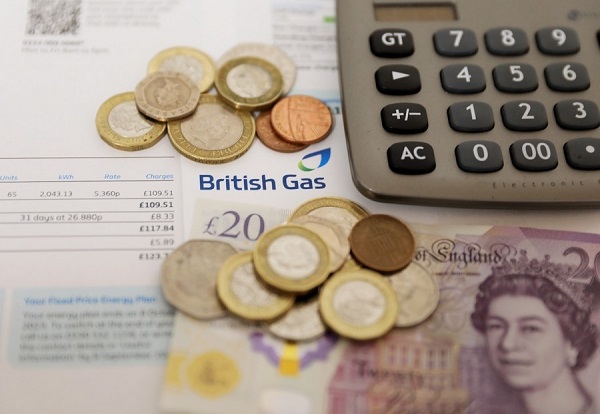
London, (Asian independent) Pressure is mounting on the Bank of England (BoE) to raise interest rates as the UK’s Consumer Prices Index (CPI) in December 2021 hit its highest level since early 1992.
Official statistics released on Wednesday showed that the country’s CPI rose by 5.4 per cent in the 12 months to December 2021, reports Xinhua news agency.
Inflation rose in December mainly due to price hikes for food and non-alcoholic beverages, restaurants and hotels, furniture and household goods, and clothing and footwear, the country’s Office for National Statistics (ONS) said in a report.
“Food prices again grew strongly, while increases in furniture and clothing also pushed up annual inflation,” said Grant Fitzner, chief economist at the ONS.
“These large rises were slightly offset by petrol prices, which despite being at record levels were stable this month but rose this time last year.”
The UK tightened restrictions in December to stem the spread of the highly contagious Omicron coronavirus variant.
Nevertheless, “the closures in the economy last year have impacted some items but, overall, this effect on the headline rate of inflation is negligible”, Fitzner said.
In December 2021, the BoE raised the interest rate for the first time in more than three years after cutting it to a record low during the Covid-19 pandemic.
The decision came as the annual CPI inflation in the country rose from 3.1 per cent in September to a decade high of 5.1 per cent in November.
Since then, consumer prices stayed at high levels, partly as a result of surging energy prices, supply chain disruptions and labour shortages.
During the fourth quarter of 2021, British households saw their financial wellbeing deteriorate at the fastest rate since the second quarter of 2020, as surging living costs hit people’s pockets and led to the steepest fall in cash availability since the start of 2014, the Scottish Widows Household Finance Index showed earlier this month.







